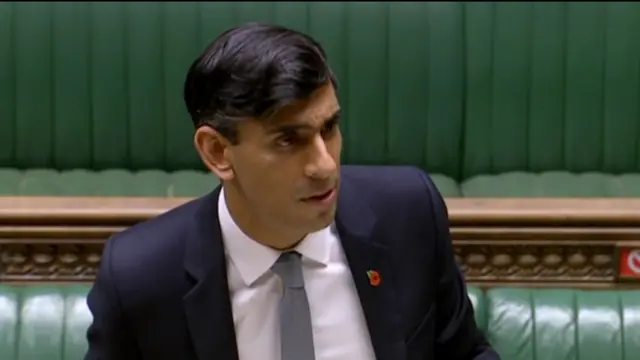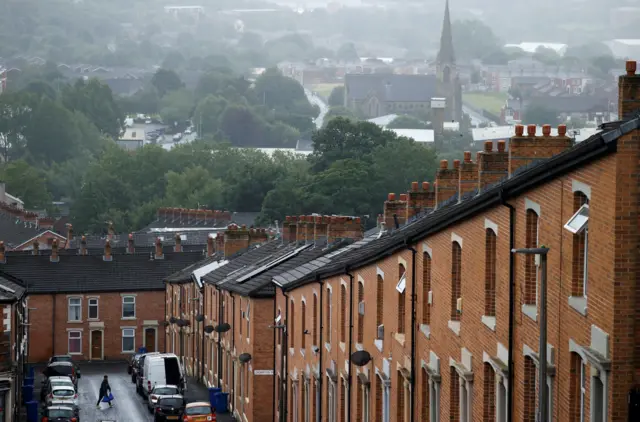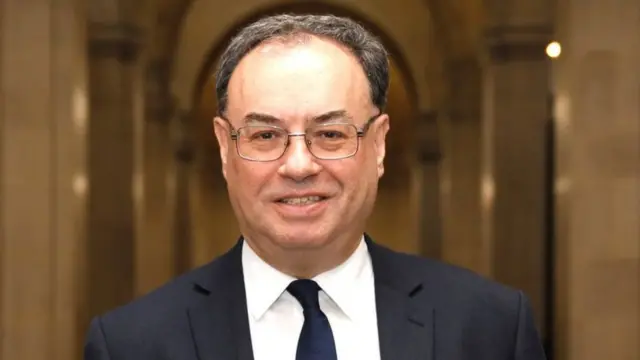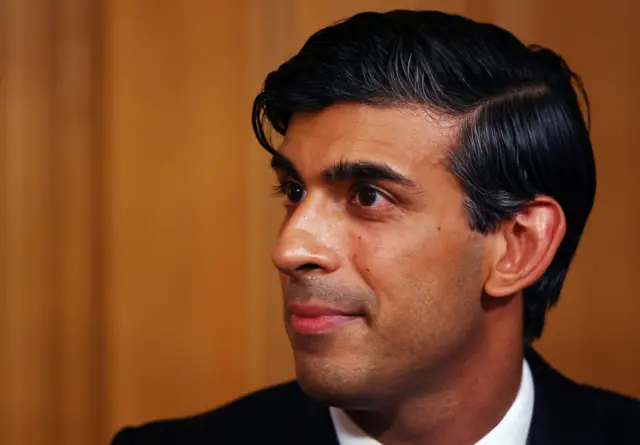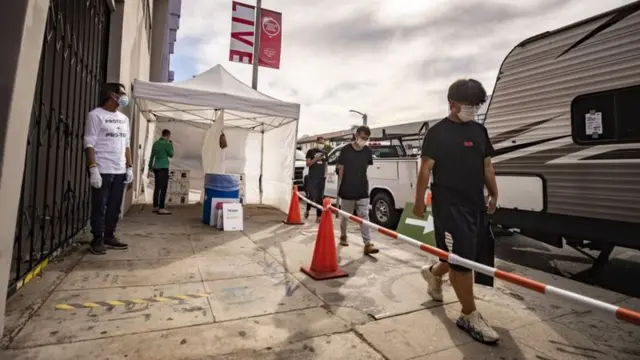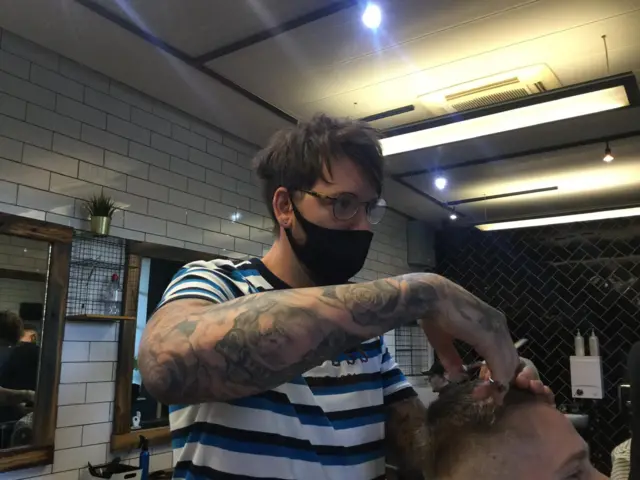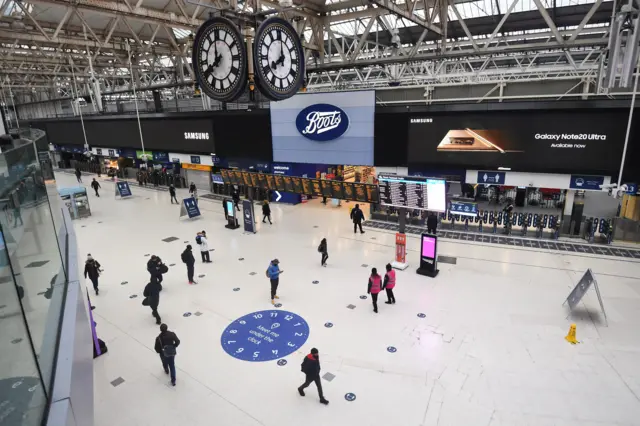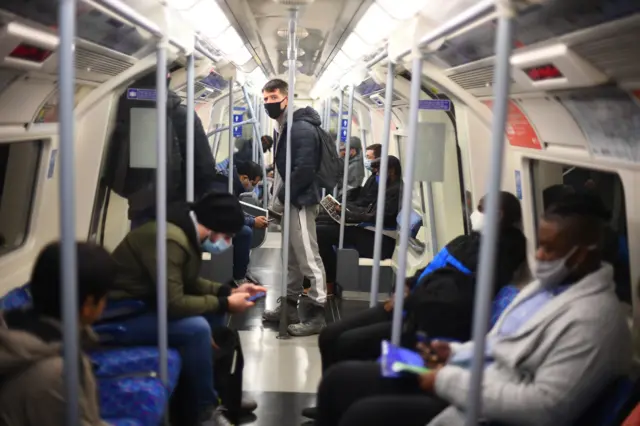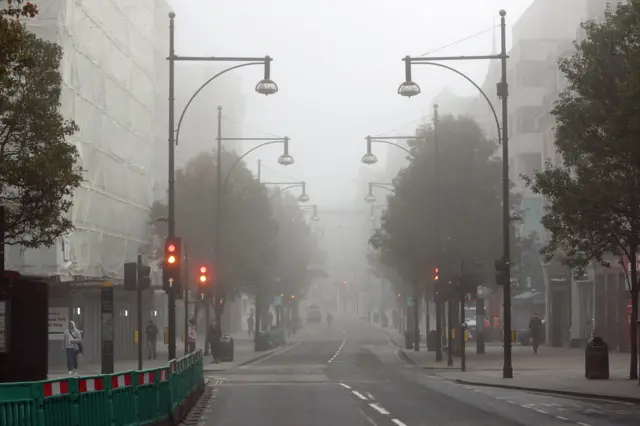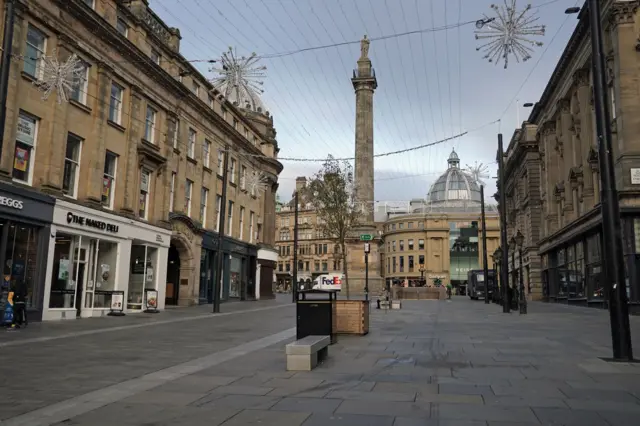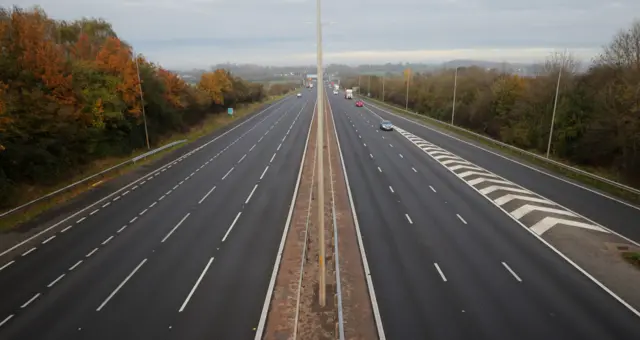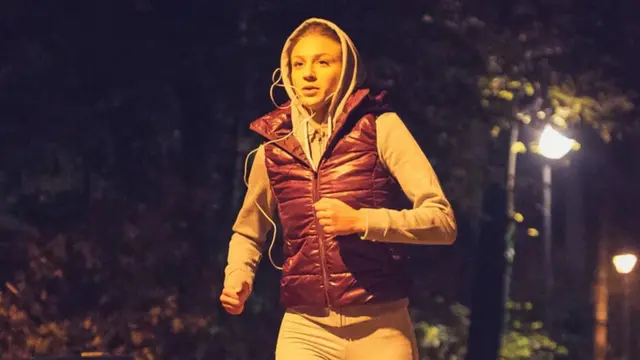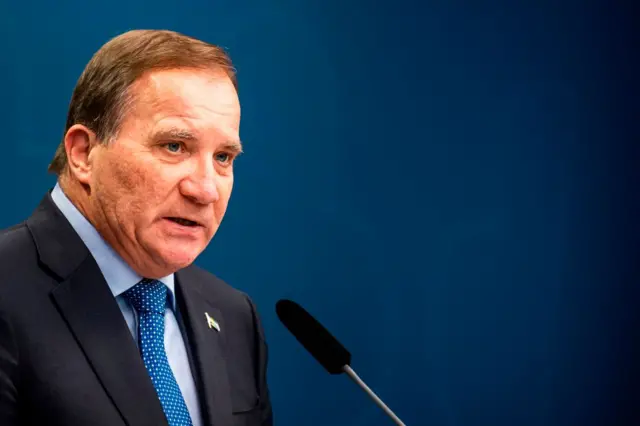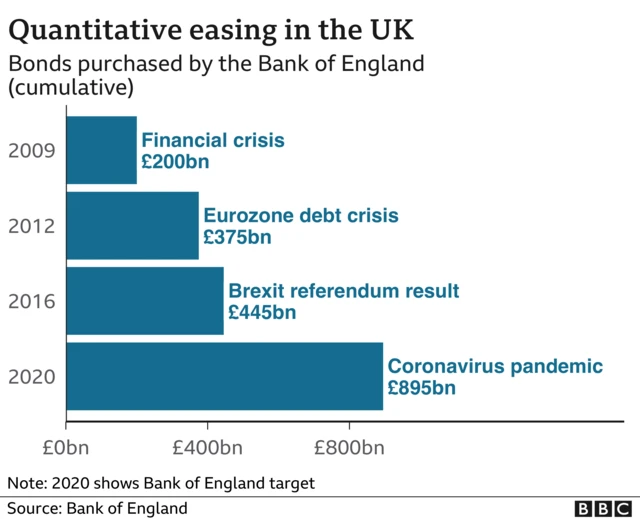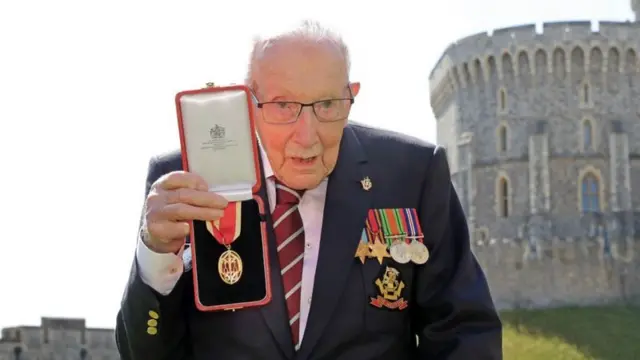Analysis: A significant change of heartpublished at 12:25 GMT 5 November 2020
 Nick Eardley
Nick Eardley
Political correspondent
The government had been due to replace the furlough scheme - with its replacement set to come in at the start of this month, until the new England lockdown was announced.
So this is a change of heart from ministers - and a really significant one.
The government will argue it is necessary because of a changing health picture.
But political opponents have been calling for this for some time - they believe the chancellor has waited too long.
